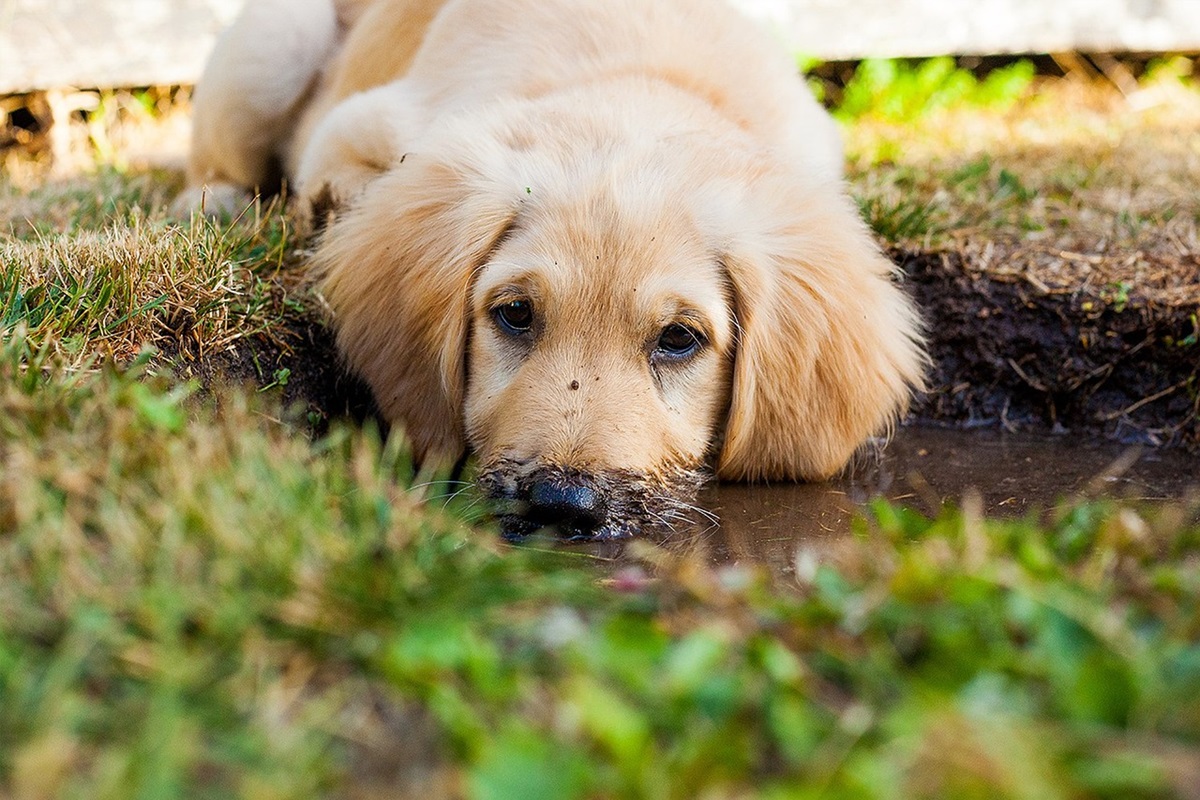Does your dog also dig the floor at home? Digging a hole in the garden is one thing, but why do you do it on the floor? Here are some possible reasons that may explain this behavior and what to do

Does your dog frequently dig at the floor inside your home? If so, it could be a sign of an underlying issue. Let’s be clear: digging is a normal behavior for dogs. It’s part of their natural instincts. Whether it’s digging a hole in the garden to bury a bone, creating a den in the yard, or pawing at their bed to make it more comfortable before sleeping, these are all normal activities. But when it comes to digging at the floor, what does it mean?
What does it mean when a dog digs at the floor?
Digging and scratching at the ground is a natural behavior for dogs, inherited from their canine and wolf ancestors. However, digging at the floor inside the house doesn’t seem to serve the typical purposes of hiding food, creating a shelter, or making a resting place more comfortable.
If your dog frequently scratches at the floor, it might be their way of releasing anxiety, frustration, or fear. It could also be a way of signaling that something is wrong.
If this behavior is occasional and infrequent, it might just be a sign of boredom or a lack of stimulation. But if your dog is often digging at the floor, it could indicate a behavioral problem. Here are some possible reasons why your dog might be doing this:
- They don’t feel secure in their environment.
- They are experiencing anxiety (such as separation anxiety or anxiety due to close cohabitation with other animals).
- They are bored.
- They are frustrated (consider high-energy breeds like Beagles or Terriers that are cooped up indoors all day; their digging might indicate a need for more physical activity or intellectual stimulation).
- They might be attempting to escape.
When your dog digs at the floor, they are not trying to annoy or spite you; they are attempting to communicate something. It’s up to us to understand what that is.
While waiting for the specialist’s visit, start improving your dog’s environment. Take them on long walks in different areas, increase the amount of quality time you spend with them. Introduce them to intelligence games to pass the time, and try to determine if their anxiety might be due to conflicts with other pets in the home.
Additionally, consider whether your dog needs more interaction with their human family or if the interactions they have are of the right type.
